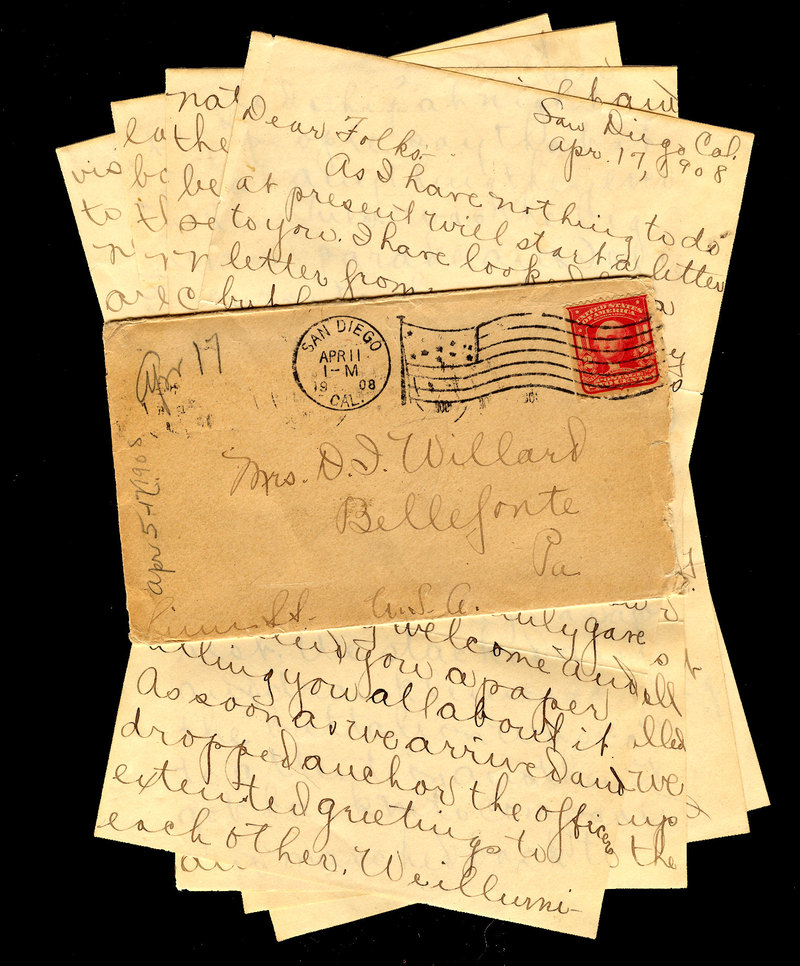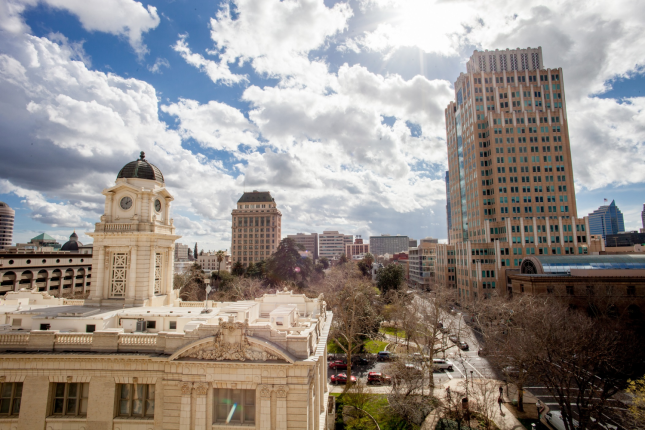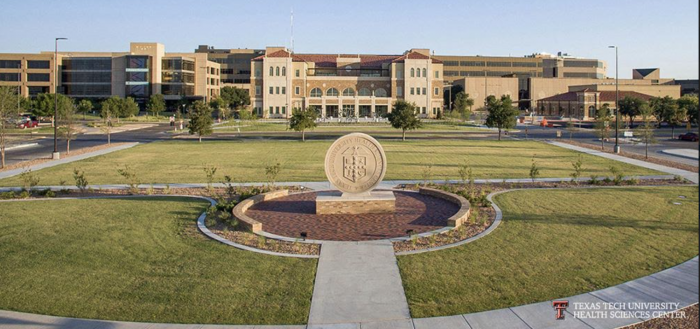 Emails, notes, and letters: whichever method you choose to thank the interviewer, the goal is the same. You want to thank the hiring manager for taking the time to interview you and show your interest towards the position.
Emails, notes, and letters: whichever method you choose to thank the interviewer, the goal is the same. You want to thank the hiring manager for taking the time to interview you and show your interest towards the position.
What is a Thank You Letter?
A post-interview thank you letter is used to show you appreciated the opportunity to interview for the job opening. Often times, the thank you letter is used as an additional tool to market skills and qualifications. This means the document is no longer a thank you letter, but a follow-up marketing document. Avoid using phrases such as, “As stated in the interview, I offer….” to eliminate potential redundancy and, instead, assess your interview performance. After the assessment, gauge how you should best use the thank you letter.
When to Use the Thank You Letter as a Marketing Document
There are valid reasons to market your qualifications, skills, or accomplishments in a thank you letter. The most acceptable reason would be when forgetting to mention an important or distinguishable qualification in the interview. If you think there was an area you could have addressed more effectively, use the letter to clear up any doubts. For example, “After discussing the position yesterday, I wanted to mention that I also have experience in X, gained through my most recent projects in workshop development. This skill could prove beneficial to your organization as future staff trainings are scheduled.”
Were there many candidates interviewing in the same day? Whether you were the first and want to make sure you weren’t forgotten, or one of the last and the interviewer was exhausted, use the letter the market yourself to them on a new day. To avoid using the same verbiage as your interview answers, emphasize how your qualifications will benefit the job’s requirements after learning specific details from the interview. For example, “I look forward to the opportunity of using my skills in XYZ on your department’s upcoming initiative to modernize inventory control.”
Always Personalize a Thank You Letter
If you developed rapport during the interview and feel confident with all of your answers, then there is no need to market your skills and qualifications in a hard-sell again. This customization will help you get noticed without pulling a bait-and-switch on an appreciative “thank you.”
In all instances, take the time to personalize the letter to the interviewer addressed. A generic thank you letter will not help develop a professional relationship. Bring up a topic of conversation that transpired in the interview. Choose a detail from your conversation that could only be sent to that interviewer. If you were part of a panel interview, try and remember something unique and specific to each person. For example, “I enjoyed our conversation about social media marketing. You mentioned you were interested in the article I referenced. A link to it is available at …….”
Additionally, if possible, ask a question that won’t take too much time to provide a reply. Continuing the conversation with the interviewer shows your enthusiasm. (Just don’t ask something that was previously covered in the interview.)
General Tips
Remember to keep your letter short and to the point. In most situations these days, you will probably be sending an email. The hiring manager may not have the time to read a long email, especially if the workplace is very busy. When emailing, also be sure to not have your subject only say “thank you”. Put a specific reference such as “Thank you- re: Interview 8/7/14” so you will not be confused with spam.
Overall, will it hurt you to re-state your qualifications? Probably not, but if you think your thank you letter is sounding too close to your sales pitch from the interview, then change it. If your interview went very well, and you didn’t forget any important details, then use the thank you letter for its intended purpose.



